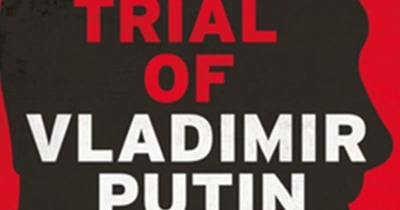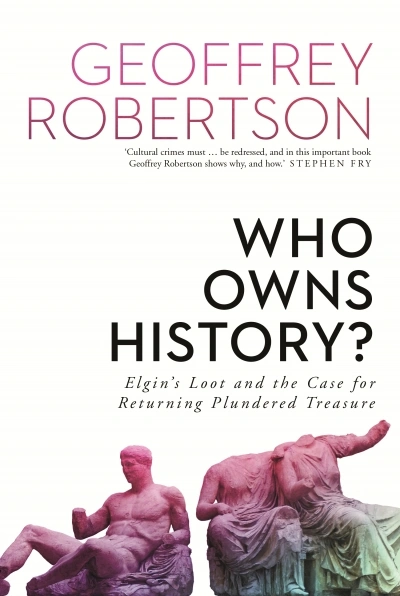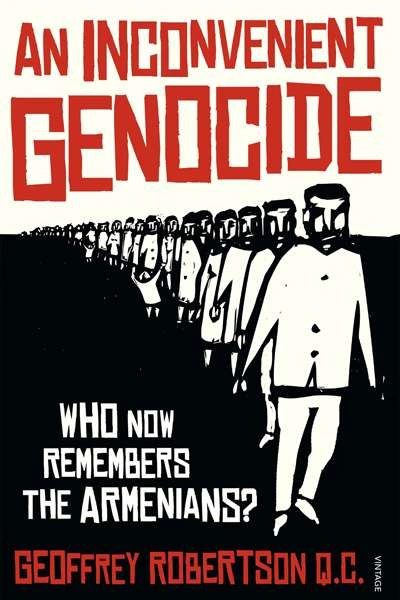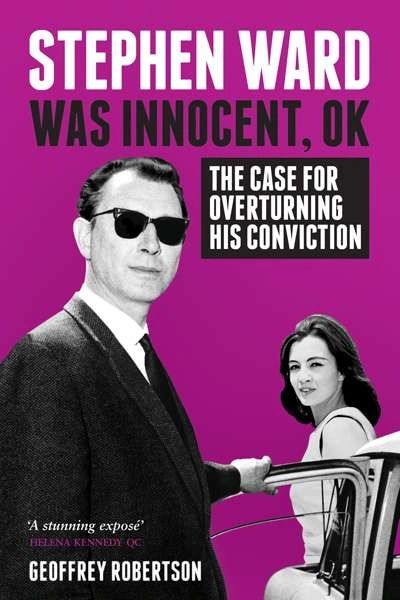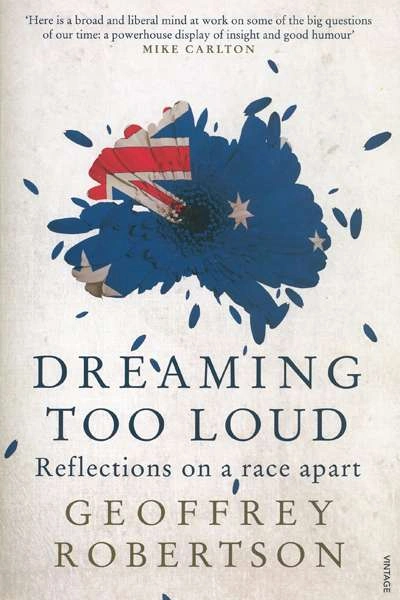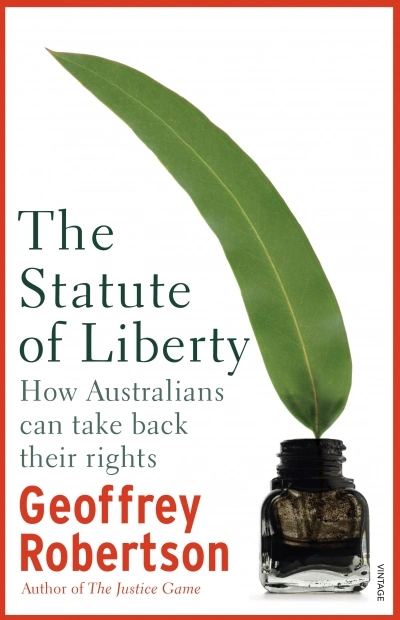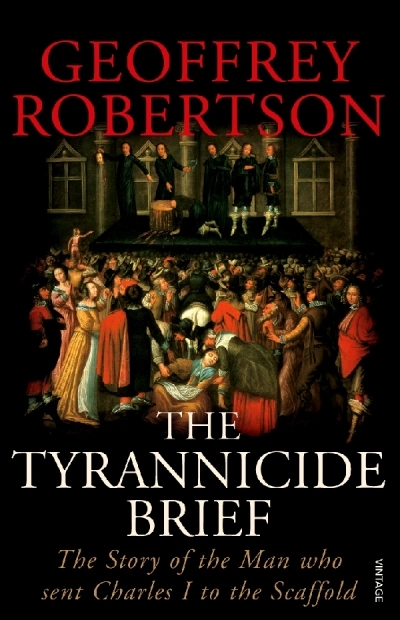Geoffrey Robertson
Who Owns History?: Elgin’s loot and the case for returning plundered treasure by Geoffrey Robertson
by Janna Thompson •
An Inconvenient Genocide: Who Now Remembers the Armenians? by Geoffrey Robertson
by Neil Kaplan •
Stephen Ward Was Innocent, OK: The Case for Overturning his Conviction by Geoffrey Robertson
by Paul Morgan •
Dreaming Too Loud: Reflections on a Race Apart by Geoffrey Robertson
by Frank Bongiorno •
The Statue of Liberty: How Australians Can Take Back Their Rights by Geoffrey Robertson
by Patrick Allington •
The Tyrannicide Brief: The story of the man who sent Charles I to the scaffold by Geoffrey Robertson
by John Button •


